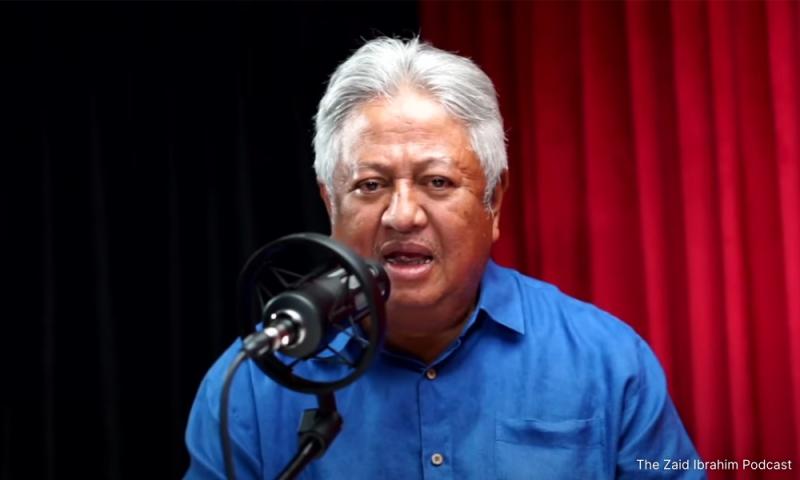LETTER | According to major media reports, Dewan Rakyat speaker Johari Abdul declared on July 9, 2024, that the six Bersatu MPs who backed the government could keep their seats despite being dismissed by their party.
While the speaker invoked Article 49A(3) of the Federal Constitution to defend his judgment, detractors, notably the Bersatu leadership and Bersih, argue that the speaker misinterpreted the anti-hopping provision.
This controversy has raised an important constitutional question: can the speaker’s decision be challenged in court?
The answer depends on whether the speaker’s decision is a “proceeding” under Article 63(1) of the Federal Constitution.
Article 63(1), which constitutionally enshrines the common law principle of parliamentary privilege, states that “the validity of any proceedings in either House of Parliament or any committee thereof shall not be questioned in any court.”
Existing case law and opinions might be able to provide some clarification.
Sole discretion
In his article, “Parliamentary Privilege and Its Practice in Malaysia: An Overview [2012] 2 MLJ c”, Ahmad Masum asserts that the concept of parliamentary privilege encompasses the special right or immunity that is available either to the houses collectively to control its composition and procedure, or to individual members (for instance, freedom of speech).
According to the court in Fan Yew Teng v Government of Malaysia [1976] 2 MLJ 262 at 267 the house possesses the sole discretion over matters concerning its membership.
Likewise, the court in Lim Cho Hock v Speaker, Perak State Legislative Assembly [1979] 2 MLJ 85, referring to the British case of Bradlaugh v Gossett (1884) 12 QBD 271, reinforced the principle that the courts will not interfere with Parliament’s internal activities.
The Federal Court decision in YAB Dato’ Dr Zambry bin Abd. Kadir & Ors v YB Sivakumar a/l Varatharaju Naidu [2009] 4 MLJ 24 reflected a continuation of the court’s judicial non-interference policy in parliamentary affairs when it decided that each house should be allowed to conduct its affairs.
Existing legal precedents indicate that the courts are reluctant to intervene in parliamentary affairs which includes decisions on Parliament’s composition. The notion of parliamentary privilege, which is part of the doctrine of separation of powers; a doctrine that constitutes the basic structure of the Federal Constitution, provides the foundation for these rulings.
Based on the authorities above, the speaker’s decision to allow the former Bersatu six to remain as MPs is part of Parliament’s composition and would most likely be considered as “proceedings in Parliament” under Article 63(1) of the Federal Constitution.
Consequently, any attempt to challenge this decision in court faces significant obstacles, underscoring the complex interplay between parliamentary privilege and judicial review in Malaysia’s constitutional framework.
The views expressed here are those of the author/contributor and do not necessarily represent the views of Malaysiakini.





